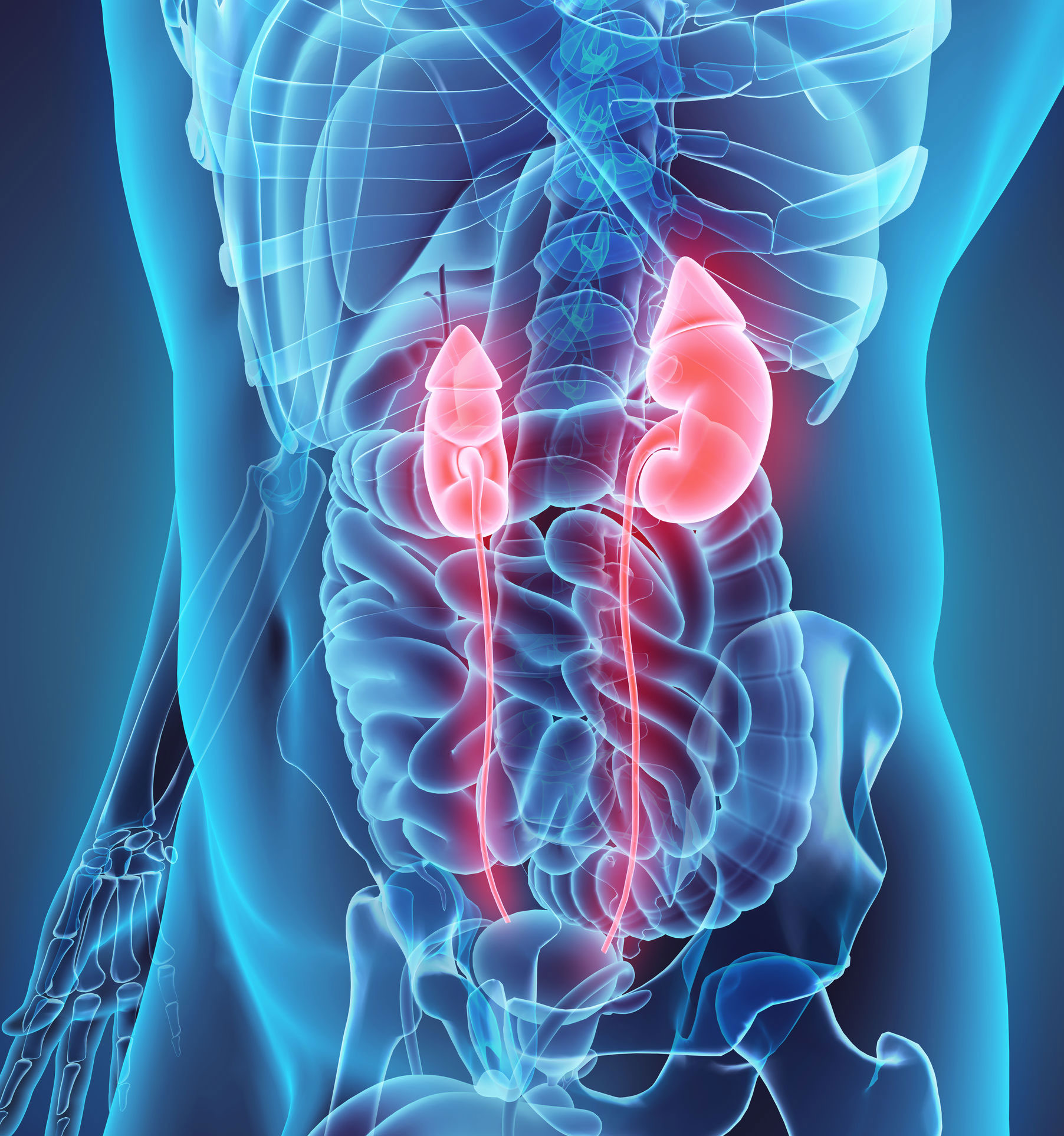Identifying, recording, and reporting adverse events is vital for ensuring drug safety, both in the pre-marketing and post-marketing settings. Today, the COVID-19 pandemic makes these activities both more critical and more challenging. Let’s consider five key safety questions and answers:
Q: Who is responsible for identifying and capturing drug safety events?
A:For drugs in clinical trials, the investigator usually identifies, records and reports events to the sponsor or its CRO. In the post-marketing setting, the patient/caregiver or one of their healthcare professionals may report safety events. In some countries, adverse event reporting is a legal requirement, particularly for physicians. Across the globe, drug manufacturers need to be aware of any events that may be related to their products.
Q: How should adverse events specifically related to COVID-19 be recorded or reported, and how will these events be coded?
A:Events related to COVID-19 should be recorded and reported in the same way as any other events. In the clinical trial setting, non-serious events will be recorded, and serious events will be reported in an expedited fashion. For coding in a safety database, MedDRA has released an updated Version 23.0, with an extra 70+ new, COVID-19-related terms. This update provides specific coding for events relating to COVID-19, ranging from testing vaccinations to various disease manifestations.
问:监管时限报告严重adverse reactions been relaxed because of the pandemic?
A:Because of resources or lack of contact during this time, the reporting of a serious adverse event may be delayed, but the standard rules apply. One consideration is whether or not an event is serious. There are five criteria for seriousness: one is hospitalization, and another criterion is an “important medical event” which can apply even if the patient is not hospitalized. ‘Pneumonia’ is an example of this: even if the patient is not hospitalized, it would usually be considered an “important medical event”.
Q: How does the current context of national lockdowns and treating patients under stay-at-home orders impact the gathering of safety signals or adverse events?
A:Because of COVID-19 restrictions and quarantines, many trial participants have not been able to travel to their usual healthcare or testing facilities. Many healthcare interactions have not taken place or have occurred via phone, because patients have been reluctant or unable to go to the hospital or to visit their healthcare practitioner. Also, many sites are not currently able to function normally, so responding to queries may take longer or even be impossible for a prolonged time.
These changes have led to challenges in detecting and reporting serious adverse events. In the months to come, we may learn of adverse events which took place during the lockdown but were reported at a much later stage.
Q: What can patients or organizations do to facilitate safety reporting during the COVID-19 pandemic?
A:Patients are at the heart of what we do, and regulatory authorities around the world have rightly emphasized the tremendous value of patient reporting. All of us within Covance are committed to collaborating with patients and patient organizations, helping to ensure that research is meaningful, valuable and always patient-centric.
简而言之,COVID-19流行了cts are significant. Those of us involved in drug safety need to exercise high vigilance in watching for adverse events, especially those that previously may not have come to light.











